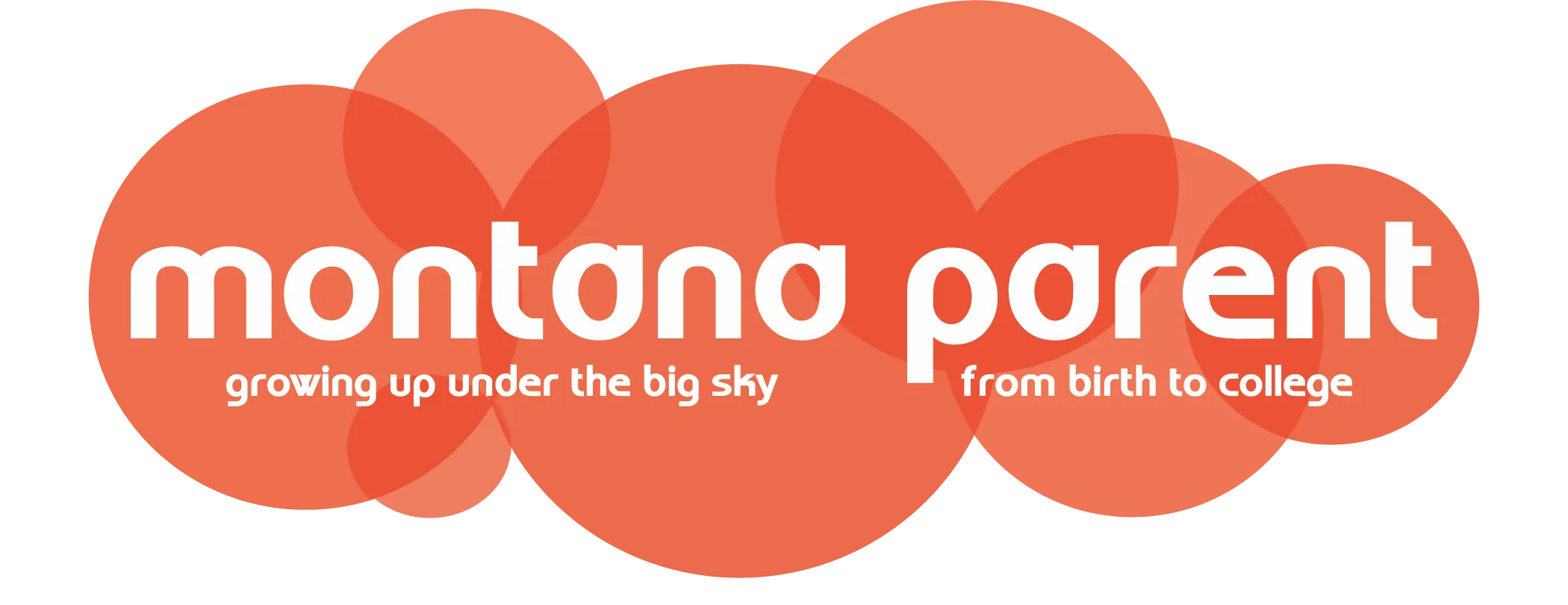Bozemama: Adderall Doesn’t Always Add Up
February 08, 2013
Posted By: Bozemama
It happens all the time. You go through life without ever hearing a word and then you suddenly start hearing and seeing it everywhere. Well, it happened to me this week and I’ve learned a thing or two that I’m going to share with you. The word? Adderall.
I must confess I have never heard of this drug and had no idea it has become a kind of candy for teenagers and college students who (among others) pop this amphetamine-based ADHD medication to study, take an exam or just stay focused.
So what’s the big deal? The big deal is that while Adderall can help the lives of some of those suffering from ADHD, it also has a “high potential for abuse” and side effects such as aggression, hallucinations and paranoia. And this is a drug that is being prescribed to, and taken by, millions of children in this country.
Let me just pause here for station identification and state very clearly that I’m no activist and I really and truly believe in the benefits of western medicine and prescription medication. Please, with my nutty gene pool, how could I not? Our family reunions are like a pharmaceutical convention.
But in the last week I have heard two devastating stories about Adderall and the ravaging toll it can take. The first involves a friend (let’s call him David), a husband and father of two, who – unbeknownst to his wife and family – has been addicted to Adderall for years and is now finally seeking the help he needs in a rehab facility. This drug is apparently so addictive that doctors are recommending that David stay in rehab for 90 days, which is about $30,000 and far more than his family can afford. So, David will stay 30 days while his wife, parents and children pray that this is enough time.
The second story is one that was published in The New York Times earlier this week about a 24-year-old aspiring medical student named Richard Fee who hanged himself two weeks after his Adderall prescription expired. The crazy thing is, according to this article, is he probably didn’t even suffer from ADHD, he just figured out how to convince his doctors that he did by lying to them about his symptoms so that he could get the drug.
As Dr. Charles Parker, a psychiatrist in Virginia Beach told The New York Times in their piece about Fee and about how ADHD is diagnosed: “We have a significant travesty being done in this country with how the diagnosis is being made and the meds are being administered. I think it’s an abnegation of trust. The public needs to say this is totally unacceptable and walk out.”
Have you ever seen the ADHD questionnaire? I have and, let me tell you, it’s pretty quick and dirty. (And I’m fairly certain that, depending on the day, I could easily be diagnosed with the disorder.) Look, I’m no doctor, but you need more than just a questionnaire to diagnose a condition like ADHD. You need to take a deep, long, hard look at what’s happening in the brain before you put yourself or your child on meds.
That’s what we decided to do when we were told our son, Charlie, was borderline ADHD.
There had been red flags with Charlie’s “attention issues” since he started school. His teachers often talked about him “being in his own world,” and not finishing (or even starting) his work. So when Charlie hit third grade, his dad and I decided to have him tested by the very capable team at his school. The process took a few weeks and included IQ tests, classroom observations, academic assessments, and on and on.
The results, when they came, were both illuminating and confusing. We learned that Charlie has a crazy high IQ, but that he was a slow processor, which – according to the ADHD questionnaire – put him on the ADHD spectrum. See this it the thing about ADHD that’s most confusing – it’s not like the flu, where you have it or you don’t. It’s a disorder with lots of shades of gray.
After the idea of medication was tossed around a bit, Charlie’s dad and I chose to look at all our options. After doing some research, we decided to talk to a neuropsychologist and take a closer look at Charlie’s brain, which led us to try this thing called Neurofeedback. I won’t bore you with the details, but it’s basically a way of re-training the brain.
It’s also really expensive and considered by some people to be akin to voodoo. But we tried it and it ended up helping Charlie. Could it also be that Charlie’s brain experienced a burst of growth and development during this time that corrected his issues? Yes. Or maybe we just got lucky and found the treatment that helped his brain.
So, what’s my point here? My point is that our kids deserve more – they deserve for their parents and doctors to take the time to take a closer look at what’s really going on in their brains before we put them on medications like Adderall, which can be potentially addictive or harmful.
It’s hard, I know, to find the time, money and resources. We have jobs, other children, aging parents and all the other crazy demands of life. Sometimes, in our desperate desire to help our kids, we grasp the first thing that presents itself as a quick fix. And maybe you’ve done the due diligence and medication really is the best choice for your family – just please remember there are no easy answers -- especially when you're dealing with something as formidable as Adderall.
And, if you have any comments, experiences or wisdom you'd like to share, please do so below. Let's have this conversation -- we might help someone.
Kisses,
Bozemama














